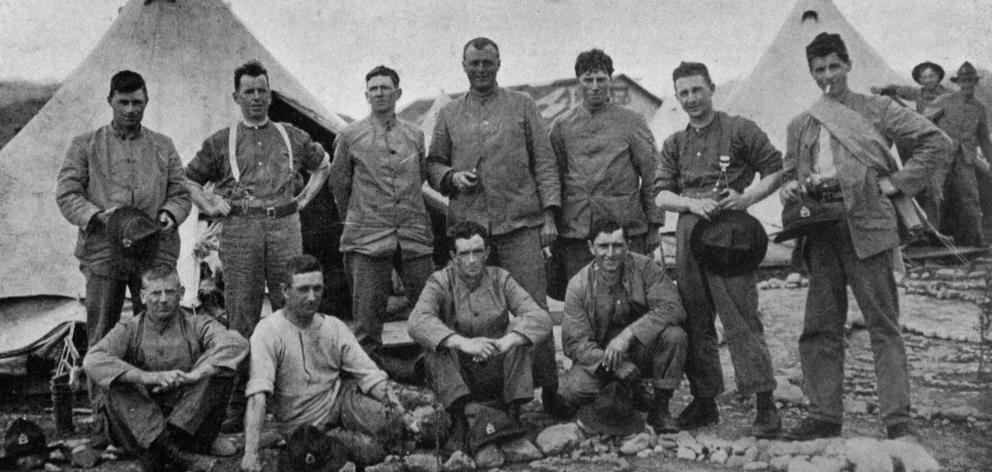
It is in distinctly bad taste for any country to boast that the men it has contributed to a great army are superior to those supplied by any other country for the execution of the common enterprise upon which the Empire and its Allies have been engaged during the war. For this reason we are inclined to deprecate the flattering reverence by an unknown general to New Zealand troops, as contained in a cable message which we published last week, just as we think it was unfortunate and regrettable that Mr Hughes, Prime Minister of Australia, should recently have claimed that it was through the ‘‘great valour and unquenchable spirit of the dominion troops’’ that the thrust by the Germans on the Amiens front was broken at the time of the great enemy offensive some months ago. Probably the truth is that the troops from the various parts of the Empire possess distinctive qualities, peculiar to themselves, all of them valuable, which have contributed to the success that has, we now clearly and gratefully see, crowned the efforts of the British army as a whole in combination with the gallant armies associated with it. Another form of mischievous mis-statement, to which some people in the dominions have, we fear, given a certain amount of credence has attributed to the Higher Command in the British army a tendency to make excessive demands on the services of the overseas troops. The Germans themselves have alleged that the divisions from the dominions have been more largely exposed to the shock of battle than the British divisions have been. They have had their own reasons for seeking to create an impression that the British troops have been spared to a greater extent than the troops from overseas. The fact that the Germans have alleged this should in itself have been sufficient to create a suspicion of the untrustworthiness of the assertion.
Labour market revolution
On March 31, 1914 (states the annual report of the Department of Labour) the total male population aged from 15 upwards was about 397,000. Approximately, the total number of men withdrawn from industries for military service, etc, to date (middle of July), abroad and in New Zealand, is 100,000 — that is, one in every 3.97 (or approximately 1 in 4). The vacancies caused by the withdrawals from industries have been filled in various ways: (1) The employment of women and girls in occupations hitherto filled by male workers, especially in offices, etc.; (2) the absorption of workers from the unessential industries to essential work, and the postponement of various kinds of non-urgent work; (3) the employment of various persons who had retired from active work; (4) the employment of boys and girls on leaving school to a greater extent than usual; (5) longer hours of work, and the assistance rendered by one farmer to another. The report adds that there were more men available for harvest than were required by employers. — ODT, 12.11.1918.
• COPIES OF PICTURE AVAILABLE FROM ODT FRONT OFFICE, LOWER STUART ST, OR WWW.OTAGOIMAGES.CO.NZ












